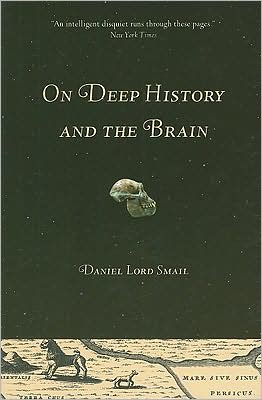In Sunday's Boston Globe, Drake Bennet calls the late Howard Zinn "an unabashed political radical." The appeal of Zinn's People's History of the United States "stemmed from something conceptual: He
 took a story that generations of American schoolchildren had had drilled into them and he turned it on its head." ("Changing History: Four new ways to write the story of the world," Boston Globe, February 7, 2010.) Others had written history from the bottom up long before Zinn's People's History. But, Zinn's populist history for the masses won an enormous audience.
took a story that generations of American schoolchildren had had drilled into them and he turned it on its head." ("Changing History: Four new ways to write the story of the world," Boston Globe, February 7, 2010.) Others had written history from the bottom up long before Zinn's People's History. But, Zinn's populist history for the masses won an enormous audience.Bennet uses that hook to look at new approaches to the study of the past. Such essays are not without pitfalls. What looked so "new" in one era can lose some luster in another. Praise for psycho history, prosopography, the linguistic turn, now looks a little overwrought. More than thirty years ago Laurence Veysey summarized the "new" social history, with a healthy dose of skepticism, in the pages of Reviews in American History:
What, then, finally of social history-the aggressor-itself? The "new" social history emerged in the 1960s quite separately from Marxist history, though riding the climate of engaged interest in the nonelite population. Its canons might be summarized as follows: that history should be viewed in terms of the processes affecting the great majority of people alive at any given time, with special attention to the anonymously downtrodden, those whose standard of living and prestige are the lowest (this corollary helped build a specious bridge toward Marxism), and that the historian should be intensely skeptical of literary sources of evidence, always the product of a small elite, instead making use of whatever bare quantitative data exist to assure that one's conclusions are truly representative of the social aggregate being discussed. To be sure, most social historians continued to milk conventional evidence as well, to help dramatize realities, but only with the sternest reminders that one could not accept it apart from the backdrop of careful attention to the problem of typicality.
Vesey also covered some of the trends of the previous decades--intellectual history in the 1950s then Marxist interpretations. In like manner Bennet zeroes in on recent developments: "Pacific History," "Archeoscience," "Environmental  History," and "Neurohistory":
History," and "Neurohistory":Environmental historians, for example, are looking not just at society but its interaction with the natural world, exploring the ways that man has altered and been altered by it. Proponents of so-called neurohistory are looking at the human brain, arguing that it is not solely the product of evolution, but of culture and technological advances - of history, in other words, rather than just biology. Other historians are rearranging the boundaries their colleagues use to partition the past into useful categories, creating fields like “Pacific history” that focus on the ways that navigable bodies of water have linked and shaped societies as much as national borders have. Still others are using the tools of science to answer longstanding historical questions - melding history, archeology, and sciences ranging from genetics to computer programming to climatology into a sprawling new field called “archeoscience.” read on >>>
[Bennet's observations nicely parallel the overall theme of the Historical Society's 2010 conference: "Historical Inquiry in the New Century," June 3-5, 2010, George Washington University, Washington, DC. Early registration forms and hotel info are now on-line.]






No comments:
Post a Comment